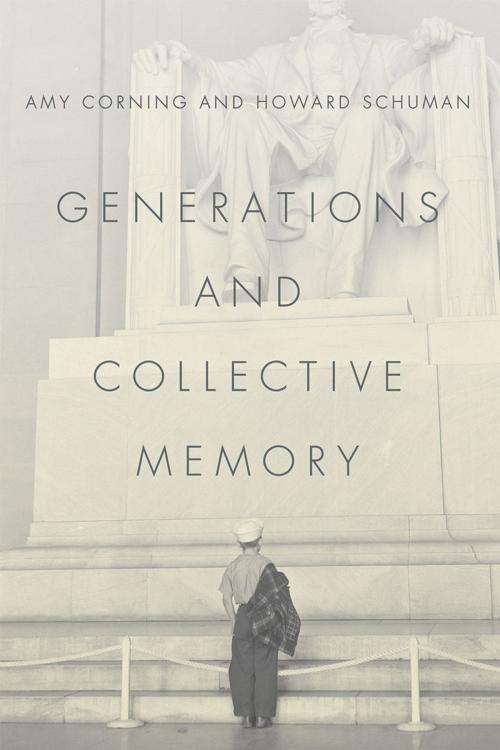Generations and Collective Memory
Nonfiction, History, Reference, Historiography, Social & Cultural Studies, Social Science, Sociology| Author: | Amy Corning, Howard Schuman | ISBN: | 9780226282831 |
| Publisher: | University of Chicago Press | Publication: | August 31, 2015 |
| Imprint: | University of Chicago Press | Language: | English |
| Author: | Amy Corning, Howard Schuman |
| ISBN: | 9780226282831 |
| Publisher: | University of Chicago Press |
| Publication: | August 31, 2015 |
| Imprint: | University of Chicago Press |
| Language: | English |
When discussing large social trends or experiences, we tend to group people into generations. But what does it mean to be part of a generation, and what gives that group meaning and coherence? It's collective memory, say Amy Corning and Howard Schuman, and in Generations and Collective Memory, they draw on an impressive range of research to show how generations share memories of formative experiences, and how understanding the way those memories form and change can help us understand society and history.
Their key finding—built on historical research and interviews in the United States and seven other countries (including China, Japan, Germany, Lithuania, Russia, Israel, and Ukraine)—is that our most powerful generational memories are of shared experiences in adolescence and early adulthood, like the 1963 Kennedy assassination for those born in the 1950s or the fall of the Berlin Wall for young people in 1989. But there are exceptions to that rule, and they're significant: Corning and Schuman find that epochal events in a country, like revolutions, override the expected effects of age, affecting citizens of all ages with a similar power and lasting intensity.
The picture Corning and Schuman paint of collective memory and its formation is fascinating on its face, but it also offers intriguing new ways to think about the rise and fall of historical reputations and attitudes toward political issues.
When discussing large social trends or experiences, we tend to group people into generations. But what does it mean to be part of a generation, and what gives that group meaning and coherence? It's collective memory, say Amy Corning and Howard Schuman, and in Generations and Collective Memory, they draw on an impressive range of research to show how generations share memories of formative experiences, and how understanding the way those memories form and change can help us understand society and history.
Their key finding—built on historical research and interviews in the United States and seven other countries (including China, Japan, Germany, Lithuania, Russia, Israel, and Ukraine)—is that our most powerful generational memories are of shared experiences in adolescence and early adulthood, like the 1963 Kennedy assassination for those born in the 1950s or the fall of the Berlin Wall for young people in 1989. But there are exceptions to that rule, and they're significant: Corning and Schuman find that epochal events in a country, like revolutions, override the expected effects of age, affecting citizens of all ages with a similar power and lasting intensity.
The picture Corning and Schuman paint of collective memory and its formation is fascinating on its face, but it also offers intriguing new ways to think about the rise and fall of historical reputations and attitudes toward political issues.















